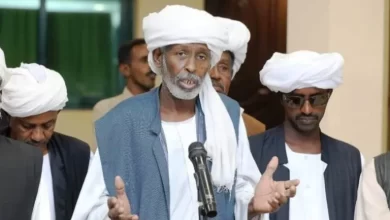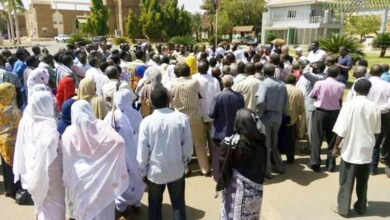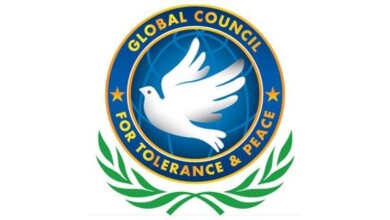Human Rights Watch: The Army has deliberately killed civilians
Carried out air strikes, and obstructed humanitarian aid
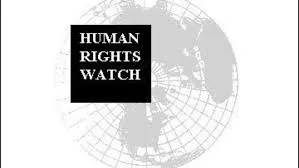
Human Rights Watch has accused the Sudanese Army Forces (SAF) of unlawfully killing civilians and carrying out air strikes that deliberately targeted civilian infrastructure, in addition to repeatedly obstructing humanitarian aid from reaching those in need.
And regarding those responsible for the ongoing atrocities and violations of International Humanitarian Law in the war between the Sudanese Armed Forces (SAF) and the Rapid Support Forces (RSF), Human Rights Watch has called for the need to ensure that they are held accountable.
On Monday, world leaders are to meet in Paris and the organization has called on them to highlight the situation in Sudan, marking the first year of the bloody conflict in the country.
The organization stated, in a press release, that both sides of the conflict in Sudan have committed grave violations that amounts in some cases to “war crimes and other atrocious crimes.”
Human Rights Watch urged the governments meeting in Paris to actively and publicly support efforts to investigate the ongoing violations.
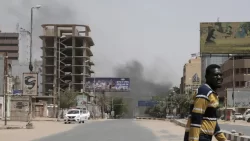
The organization’s statement shared: “The Sudanese Armed Forces has unlawfully killed civilians, carried out air strikes that deliberately targeted civilian infrastructure, and repeatedly obstructed humanitarian aid from reaching those in need,” while the Rapid Support Forces carried out killing operations against civilians.
Adding that the Sudanese Armed Forces has deliberately obstructed emergency food supplies, on which about 25 million people (about half the population) depend, considering this a clear violation of International Law and “acts that could constitute war crimes.”
The organization shared in their statement that the authorities of the Sudanese Armed Forces has imposed various arbitrary bureaucratic restrictions that hindered the humanitarian organizations’ work flow and their ability to reach those in need. Those restrictions included; delays, rejections, and failure to respond to requests for visas and travel permits for relief workers to travel between states.


